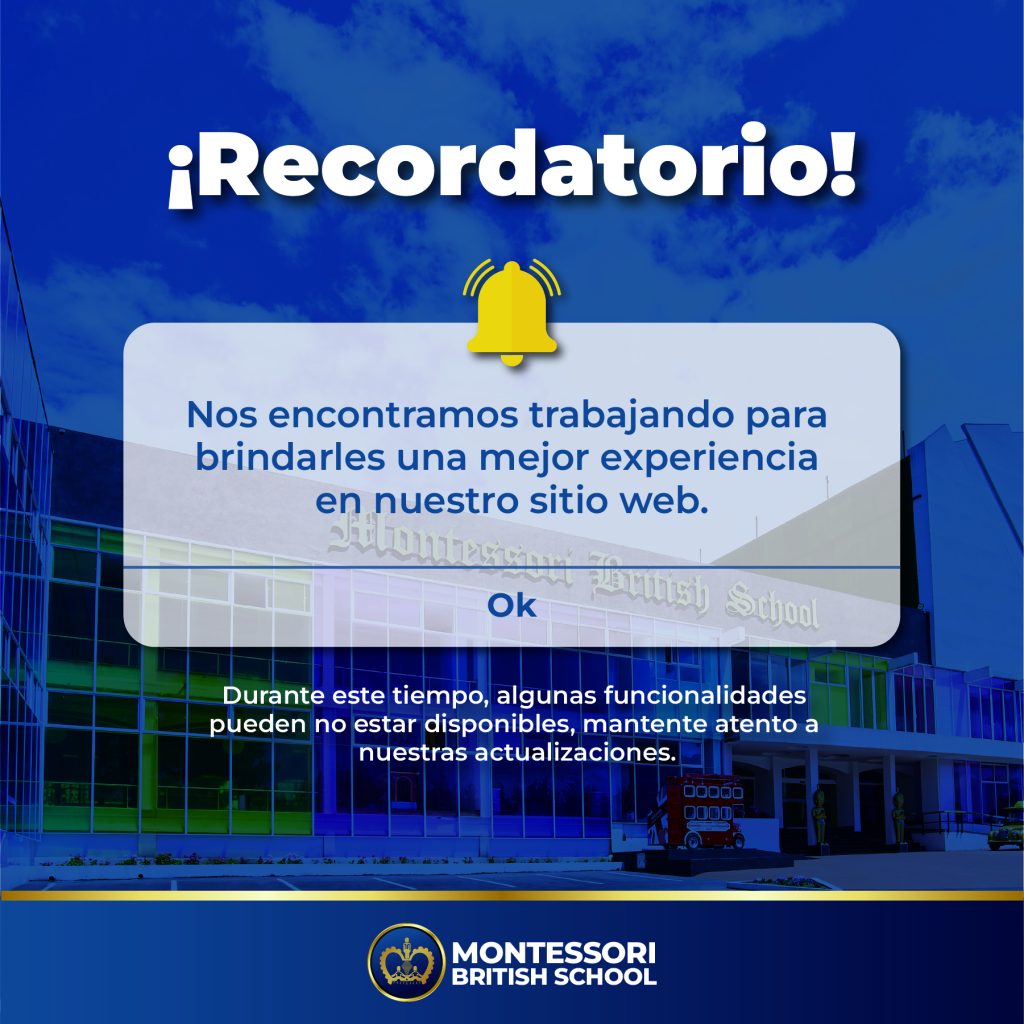
Claudia Díaz, the Montessori British School principal, encourages a lifestyle transformation for both students and their families. What does this mean?, and how does she do it? She supports a transcendent education she calls education for life: one compatible with academic performance. This is evidenced by her students’ excellent results, almost always top-notch performances, in the Saber 11 tests, Cambridge International Examinations, DELF (French proficiency tests), and YCT examinations (Mandarin proficiency tests).
This education for life relies on three fundamental pillars:
1. A transformation of the relationship with our body.
At the Montessori British School, all courses, especially the hard sciences, share the fundamental mission of changing this relationship. In our school, kids are taught, through a variety of experiments and experiential learning, how to eat well according to a new science called epigenetics. It is based upon the knowledge of our genes’ being predisposed to various illnesses, albeit with on and off switches that we utilize according to our lifestyles. Parents too take Holistic Cuisine courses to provide their homes with the necessary nutritional transformations.
2. A transformation of the relationship with ourselves
At the Montessori British School, students learn that they are the masters of their own destiny; that no matter the circumstances, they can choose happiness. This program involves the simultaneous education of both students and parents: the former take a course called Emotional Intelligence, and the latter, in sync with their kids, work online on the www.mind-driver.com blog.
3. A transformation of our relationship with others
Ubuntu is firmly rooted in our school, and it means: “I am because we all are”. Here we consider our students as social beings, whose relationships with others catapult them towards success and happiness. At the Montessori British School, students master four languages—English, French, Mandarin, and Spanish—, but their understanding does not end there; they also learn to comprehend these cultures. Thus, they become truly globalized beings.



